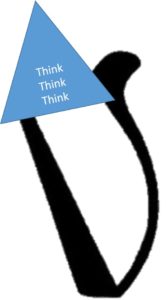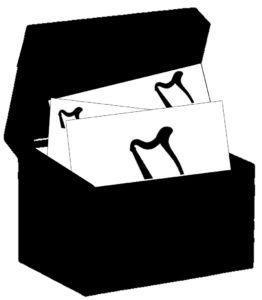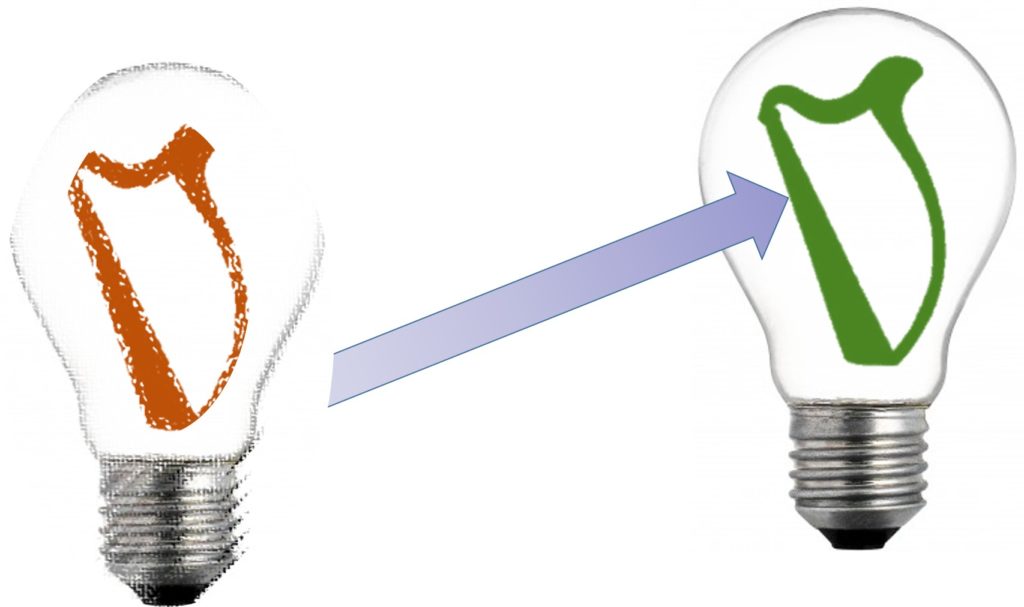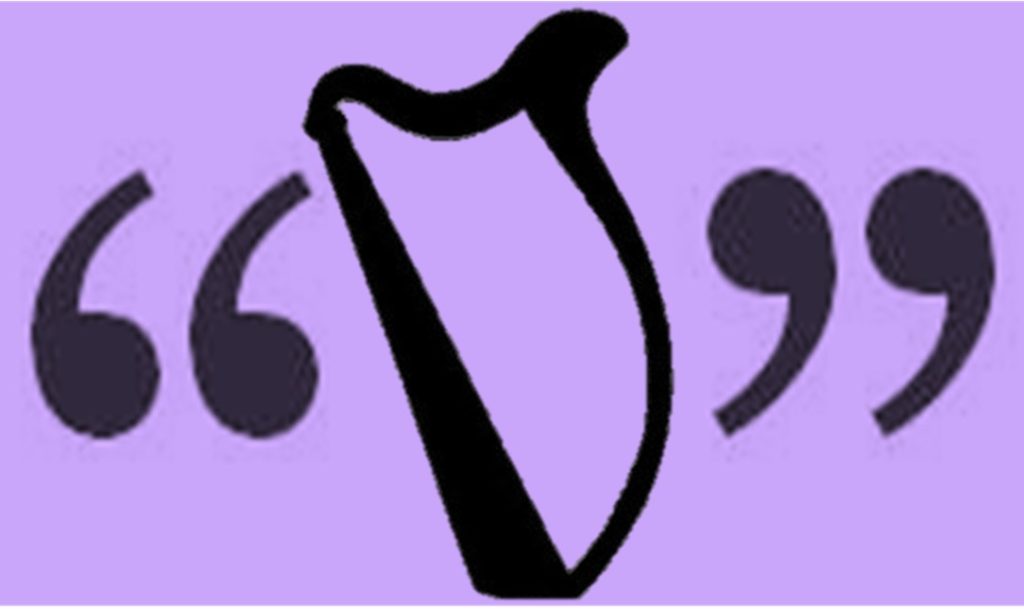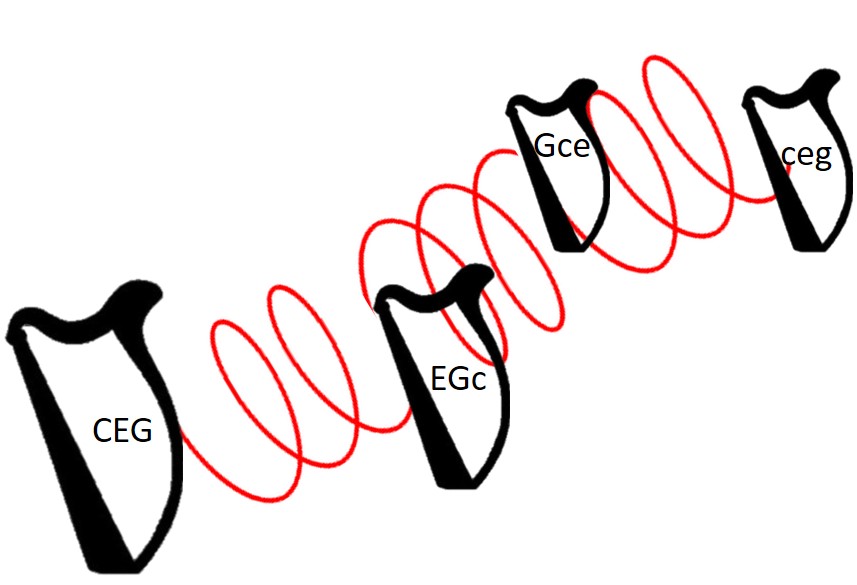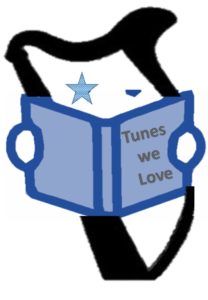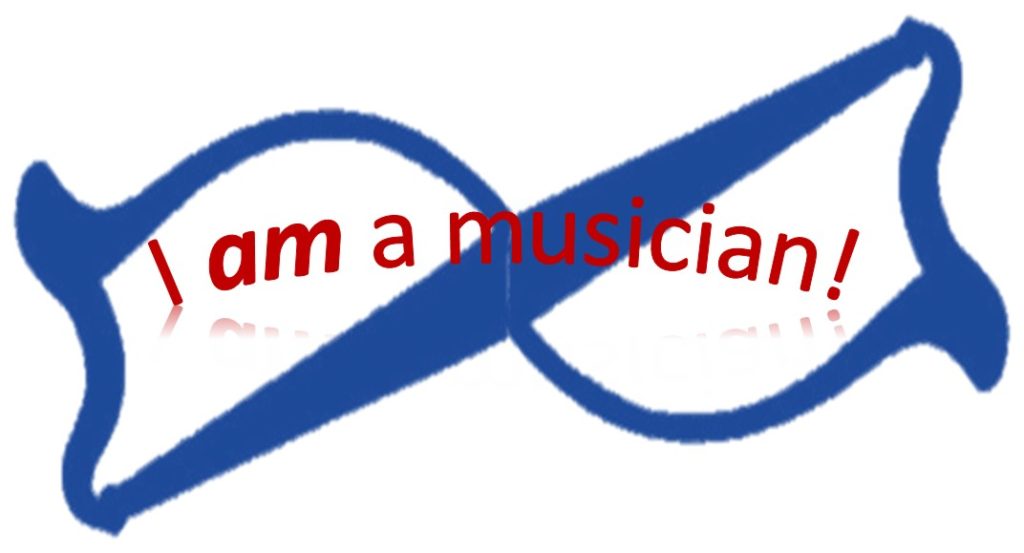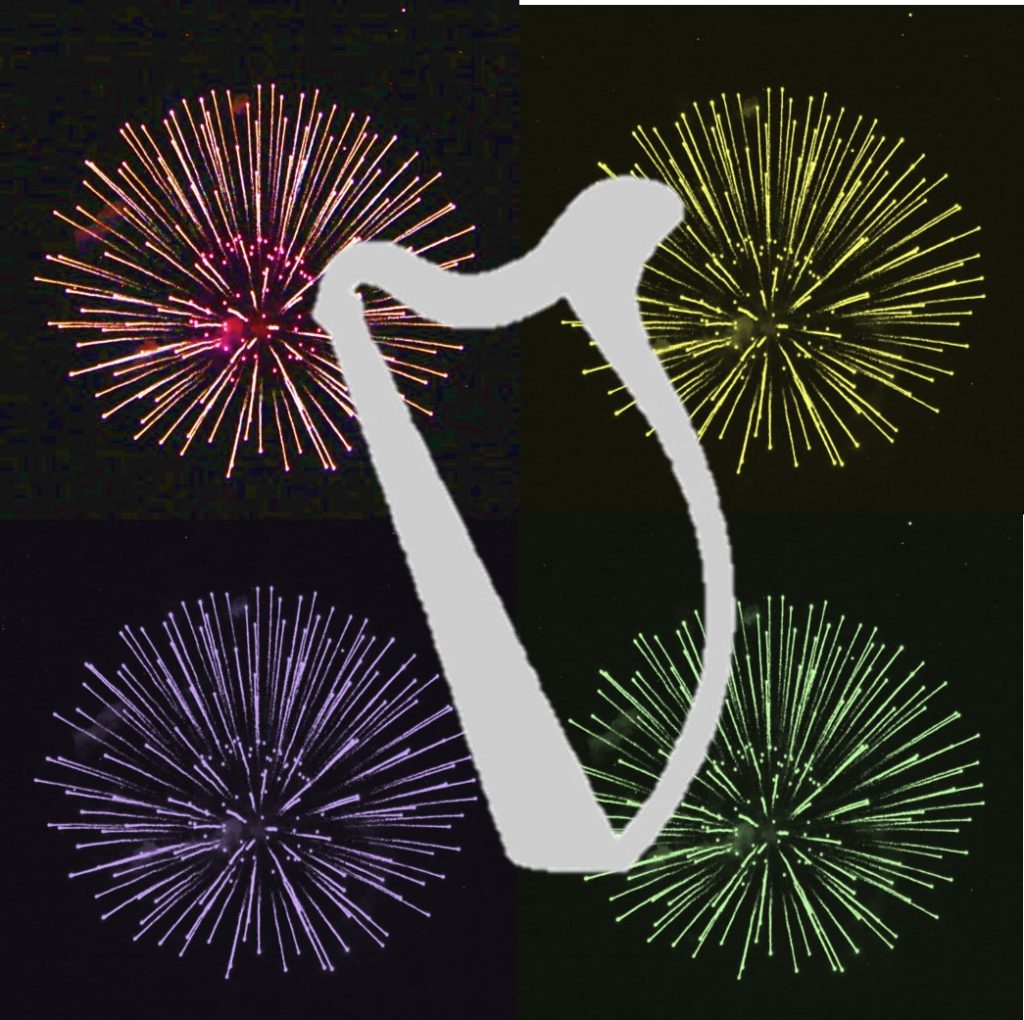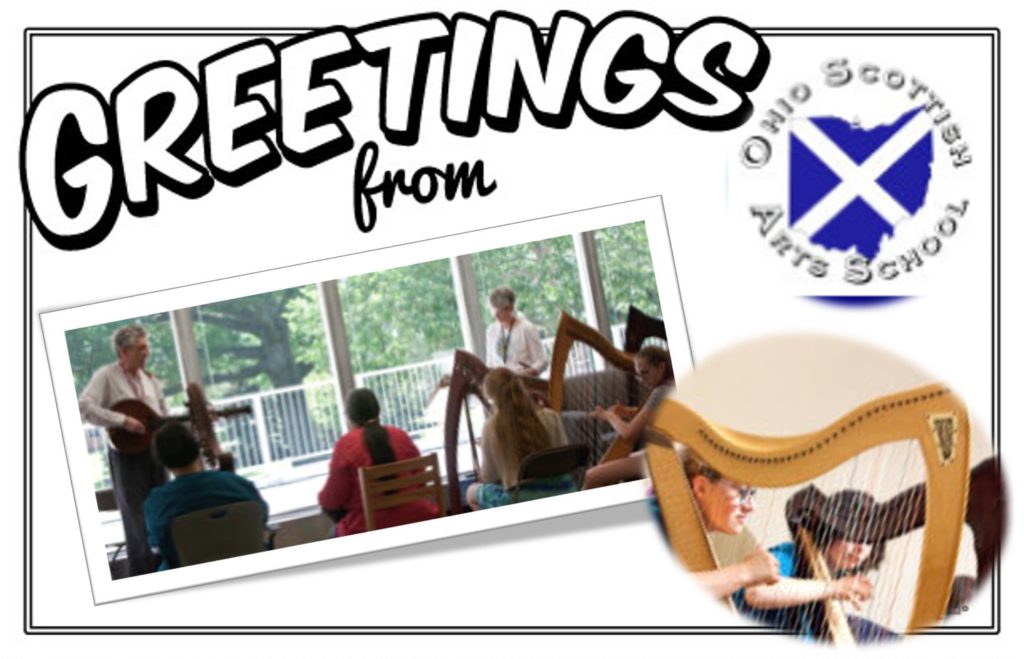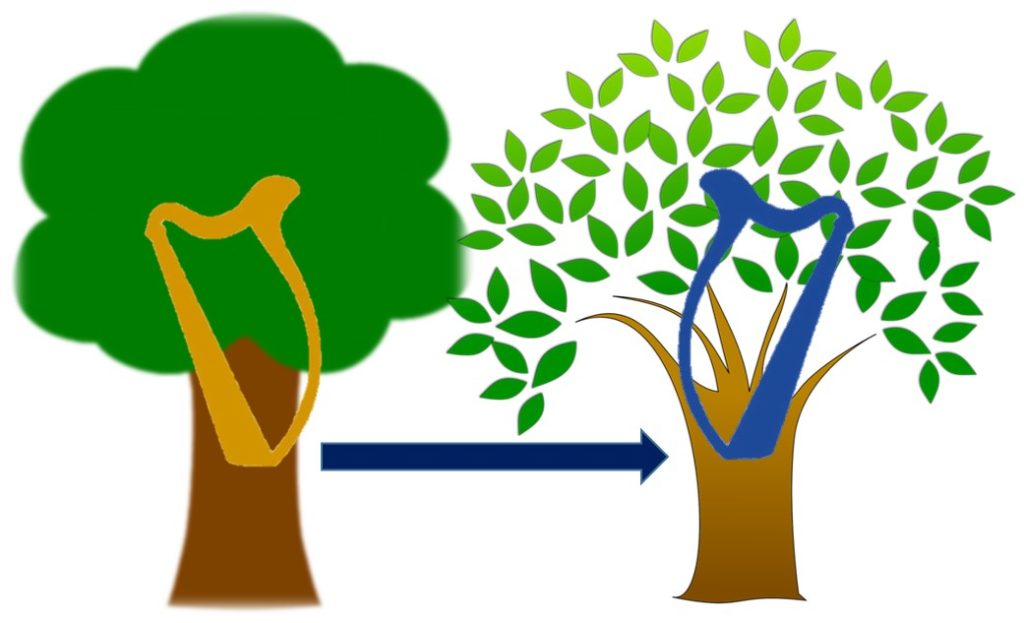I don’t know about you – but when I’m excited about learning a new tune I want to get right into it. Do not pass Go, do not collect $200, just start playing. I want to sink my teeth into the music and hold on for dear life while I learn it.
How dumb is that?
There is a smarter way – an approach which would probably allow me to learn the tune faster and get past the ugly stage sooner so I really could get to the part where it’s pretty much just a joy to play. How, you might ask, would that work? I’m so glad you asked!
Well, you can think first! By spending some time focusing on analyzing the tune, you can save yourself a lot of grief and be playing sooner. Now, this isn’t sexy and it might not be fun, but it sure does work.
You can analyze a lot of things about the tune, all of which will help. Identify the time signature. What scale is the tune in? How does the tune lie on the harp? What are the big patterns? What is it telling you?
And do not assume that this can only be done for written music. Although the analysis is done differently – by reading the dots or by listening, the bottom line is the same. Find the patterns, where they repeat, how they move, and more.
Put on your thinking cap, do that work up front and you will be able to move into new tunes more quickly and maybe even more confidently!
